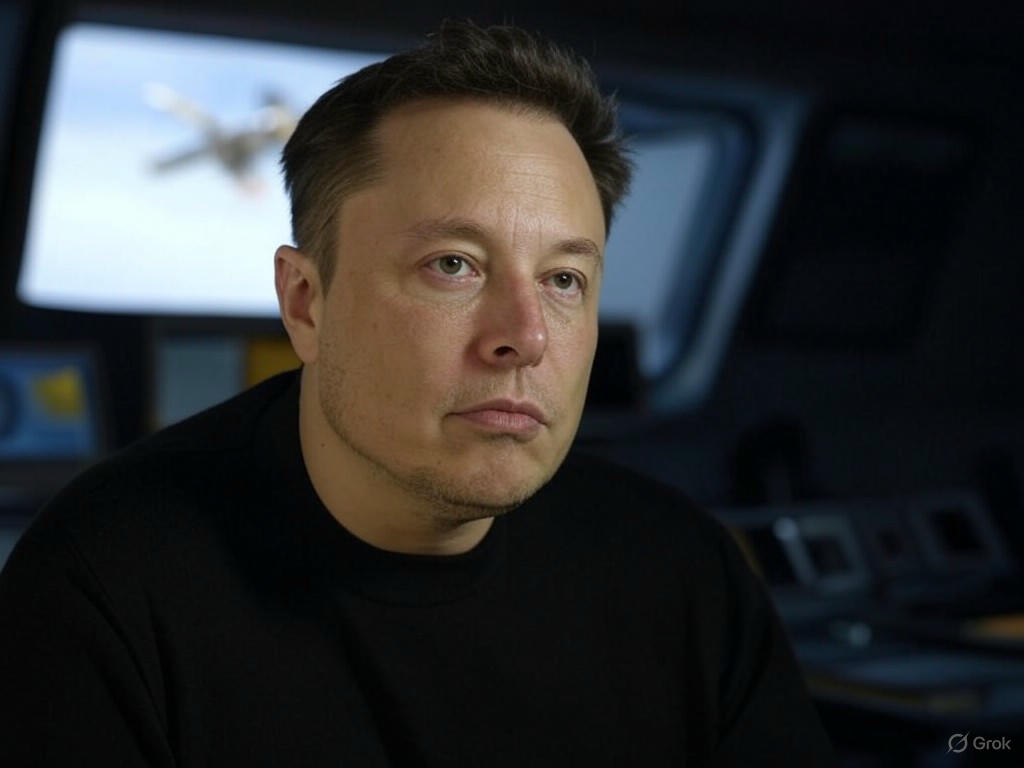Elon Musk’s Bold Move: A Potential Rift with NASA Over Space Station Support
In a surprising turn of events, Elon Musk, the visionary behind SpaceX, has stirred controversy by hinting at the possibility of decommissioning a critical spacecraft used to transport astronauts and essential supplies to the International Space Station (ISS). This spacecraft, a cornerstone of NASA’s operations in orbit, has been a symbol of the successful partnership between the space agency and private industry. Musk’s statement, made amidst a heated online exchange with President Donald Trump, has sent ripples through the space community, raising questions about the future of America’s presence in low Earth orbit.
The spat unfolded on social media, where Musk and Trump engaged in a public war of words. While the exact trigger of the disagreement remains unclear, reports suggest it stemmed from broader tensions over government funding and oversight of private space ventures. Musk, known for his outspoken nature, did not shy away from expressing frustration over what he perceives as bureaucratic overreach. His threat to pull the plug on the capsule—a lifeline for NASA’s ISS missions—appears to be a calculated move to assert SpaceX’s autonomy. This dramatic escalation has left many wondering whether this is a genuine risk or a strategic bluff to negotiate better terms with the federal government.
The implications of Musk’s threat are profound. The ISS, a collaborative project involving multiple nations, relies heavily on regular resupply missions and crew rotations. SpaceX’s reusable spacecraft have been instrumental in reducing costs and increasing the frequency of these missions since the retirement of NASA’s Space Shuttle program. If Musk were to follow through, NASA could face significant logistical challenges, potentially disrupting scientific experiments and international cooperation in space. Alternative providers, such as Boeing, are still ramping up their capabilities, and a sudden gap in service could strain the agency’s resources. Beyond the immediate operational concerns, this situation highlights the delicate balance between public and private interests in the rapidly evolving space industry.
Critics argue that Musk’s approach risks undermining years of trust built between SpaceX and NASA. Supporters, however, see it as a necessary pushback against government constraints, emphasizing that private companies like SpaceX have revolutionized space travel with innovation and efficiency. Meanwhile, the public watches as political and corporate forces collide, with President Trump reportedly considering cuts to government contracts as a retaliatory measure. This power struggle could redefine how space exploration is funded and managed in the coming years.
As the dust settles on this digital showdown, the space community awaits clarity on Musk’s next move. Will he back down, or is this the beginning of a seismic shift in the relationship between NASA and its most prominent commercial partner? For now, the fate of the ISS hangs in a precarious balance, a reminder of the high stakes involved when innovation, politics, and ambition intersect in the final frontier.


